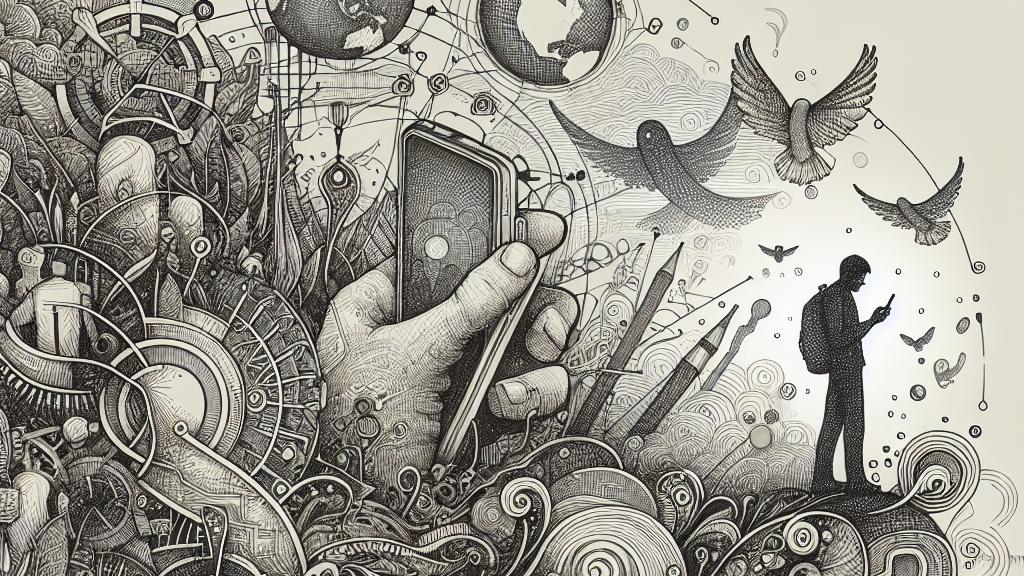How to Isolate Characters in Modern Stories Without Using Phones or the Internet
Overview
- Discover innovative techniques for successfully isolating characters in today's tech-savvy world.
- Master the art of building suspense through unique storytelling strategies.
- Gain invaluable insights from literary experts on creating resonant isolation scenarios.

Confronting the Challenge of Isolation in a Connected Society
In our hyper-connected world dominated by smartphones and the internet, finding ways to isolate characters can be incredibly complex. Picture this: you’re fully immersed in a gripping mystery only to have the protagonist check their phone for help. It’s a moment that can shatter the suspense, leaving readers feeling disengaged. According to Laura McCluskey, a well-respected writer and editor, contemporary audiences expect authenticity, insisting that authors cleverly navigate the presence of technology without succumbing to its easy conveniences. To craft believable isolation, storytellers must develop imaginative plots that create scenarios where communication is not just limited but feels utterly essential for the unfolding drama.
Crafting Effective Strategies for Isolation
McCluskey provides compelling strategies that writers can utilize to authentically manifest isolation in their stories. The first method involves cutting off access to technology in thrilling ways. Imagine a wild storm that leaves characters entirely powerless, requiring them to rely solely on their instincts. Or consider a narrative where characters find themselves in an underground bunker, with no means to send or receive messages. This generates dramatic tension! Following that, the second approach centers around inventive settings—think of a remote research station or an eerie abandoned island where characters are physically cut off from the rest of the world. Yet, the third strategy digs deeper into the psyche: create characters who are mentally isolated. They might possess the latest gadgets but refuse to use them due to fear, mistrust, or personal demons. Such psychological depth engages readers on an emotional level, making their journey all the more relatable.
Gleaning Insights from Real-World Experiences for Narrative Depth
Incorporating real-life inspiration into fiction can significantly enhance the theme of isolation. Take Steven, a courageous young boy battling leukemia, for example. His experience during the COVID-19 pandemic highlights the harsh realities of isolation as he navigates the complexities of hospital life while yearning for connection to the outside world. Sparked by Steven's resilience, authors can create characters who reflect such struggles, bringing emotional depth and authenticity to their stories. The juxtaposition of physical seclusion and emotional battles invites readers to connect with characters on a profound level, exploring themes of strength, vulnerability, and the need for human connection amidst adversity—creating a narrative that resonates, captivates, and ultimately lingers in the mind.

Loading...